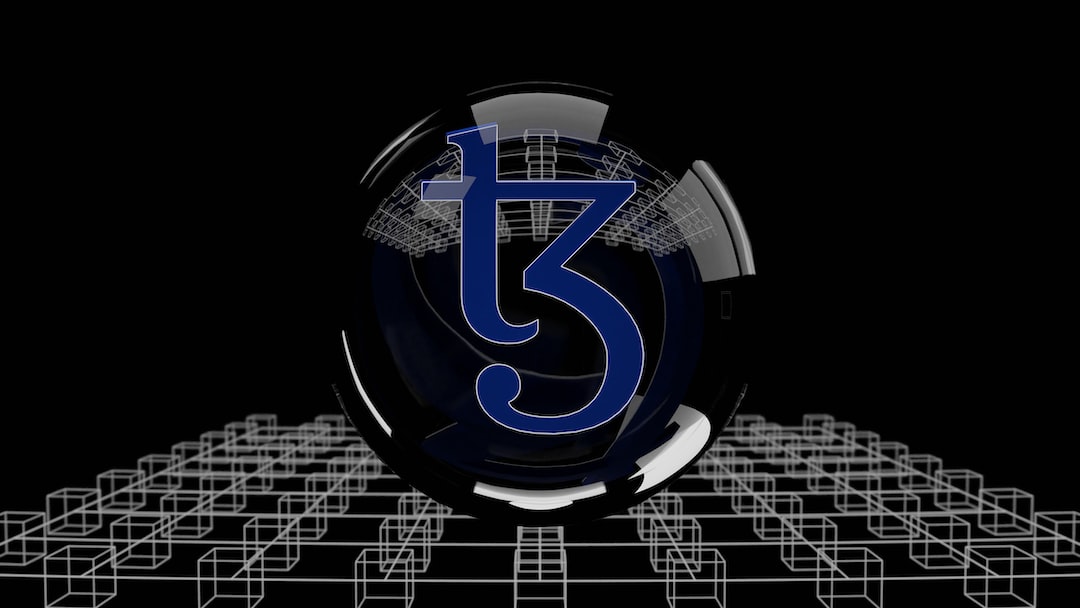Ethereum Wallet MetaMask Faces Lawsuit Over Alleged Idea Theft
Joel Dietz, an entrepreneur, has filed a lawsuit against Consensys, accusing the Ethereum-focused developer firm of not giving him credit or compensation for his role in sparking the idea for MetaMask. Dietz claims that he created the intellectual property that became MetaMask in 2014 with his project called Vapor. However, MetaMask was created in 2016 by Consensys employees Aaron Davis and Dan Finlay. Dietz alleges that Davis betrayed him and conspired with Consensys. MetaMask is the most widely used crypto wallet and is valued at $7 billion. Consensys denies Dietz’s claims and states that he is falsely marketing himself as the founder of MetaMask.
Key Points:
- Joel Dietz alleges that he created the intellectual property for MetaMask with his project Vapor in 2014.
- MetaMask was actually created in 2016 by Consensys employees Aaron Davis and Dan Finlay.
- Dietz accuses Davis of betraying him and conspiring with Consensys.
- Consensys denies Dietz’s claims and states that he is falsely marketing himself as the founder of MetaMask.
- MetaMask is the most widely used crypto wallet and is valued at $7 billion.
Dietz Claims He Was Written Out of MetaMask’s History
Joel Dietz claims that he came up with the vision for an in-browser crypto wallet before Ethereum went live in July 2015. He pitched his project Vapor to Ethereum figures Vitalik Buterin and Gavin Wood in November 2014 and received their initial sign-off. Dietz then sought a grant from the Ethereum Foundation in March 2015 and brought on two partners, Martin Becze and Aaron Davis. However, Dietz believes that Consensys has suppressed his involvement in MetaMask’s creation and never compensated him for his work.
MetaMask’s Success and Dietz’s Allegations
MetaMask, the Chrome browser extension that allows users to send, spend, and swap cryptocurrencies on the Ethereum blockchain, has generated over $220 million in swap fees under Consensys. Dietz claims that Consensys threatened a journalist who described him as the founder of MetaMask in an article. He believes that Ethereum’s insiders pulled “an elaborate internal rug pull” on him and feels that he was wronged by not being compensated for his contributions to MetaMask.
Hot Take
The lawsuit between Joel Dietz and Consensys over the creation of MetaMask raises questions about intellectual property and credit in the crypto industry. While Dietz alleges that he came up with the idea for MetaMask, Consensys denies his claims and accuses him of falsely marketing himself as the founder. It will be interesting to see how the court case unfolds and whether Dietz’s allegations are proven to be true. This case serves as a reminder that credit and recognition for ideas and contributions are important in the crypto community.





 By
By
 By
By
 By
By

 By
By